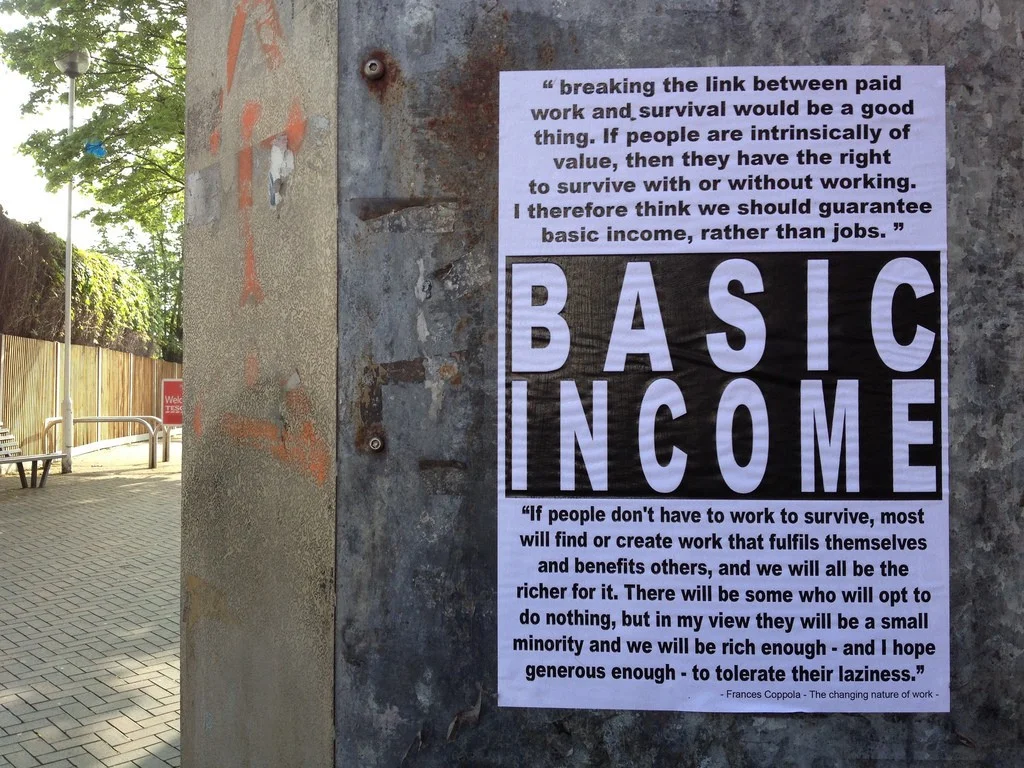There's something that really annoys us about certain working hours campaigners
Many note the prediction by Keynes that working hours today would, or could, be much shorter than they were when he was writing. Some then go on to insist that we should change how we organise things so that they are. It's that latter that so annoys us, for a philosophical reason firstly and then for a technical one.
We should have a party with lashings of ginger beer
We should celebrate, in our very British manner, this victory over a societal problem:
The media-academia complex
You may have seen a BBC News story that reported that half of Britons hold ‘authoritarian populist’ views, perhaps a prelude to the rise of a British Donald Trump. It was covered on the Today Programme and given a long, uncritical article on the BBC News website.
But the paper wasn't very good.
As the Edinburgh schools show, PFI is a rather good idea
There're most certainly possible arguments to make against the Private Finance Initiative: there's more than a suspicion that it was used to allow large amounts of spending without having to trouble the government books with it for example. And yet there's still an obvious value to it:











